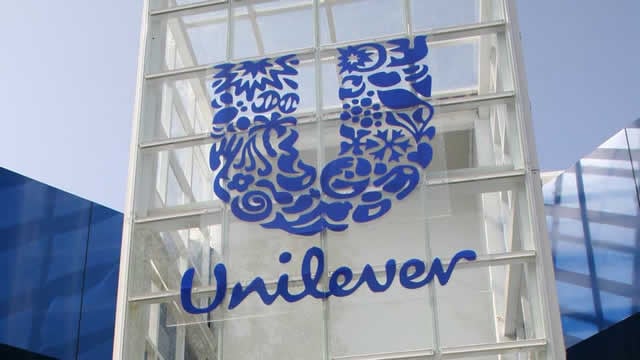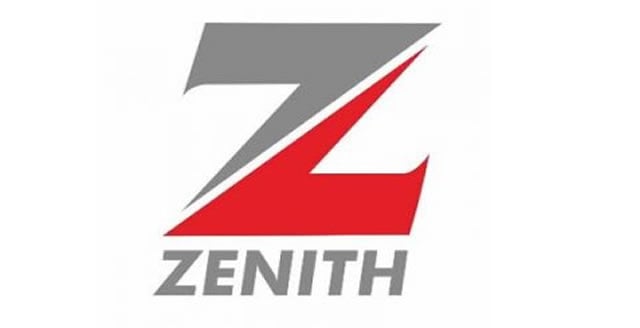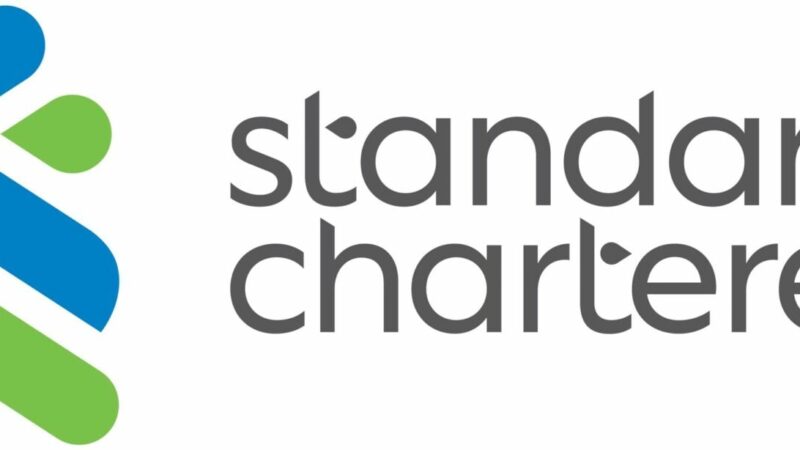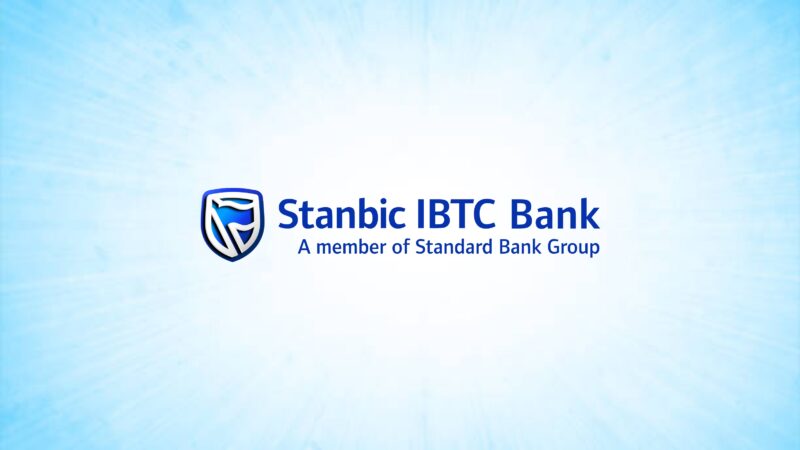Customers’ Bill of Rights: CBN strengthens fair banking drive
 With over 66 million Nigerians enrolled on the Bank Verification Number system, the Central Bank of Nigeria has introduced a Customers’ Bill of Rights to safeguard bank users, highlighting their entitlements and duties in a bid to strengthen protection, trust, and financial inclusion, OLUWAKEMI ABIMBOLA writes
With over 66 million Nigerians enrolled on the Bank Verification Number system, the Central Bank of Nigeria has introduced a Customers’ Bill of Rights to safeguard bank users, highlighting their entitlements and duties in a bid to strengthen protection, trust, and financial inclusion, OLUWAKEMI ABIMBOLA writes
With the Bank Verification Number at 66.23 million as of July, according to Nigeria Inter-Bank Settlement System data, and a push to increase the numbers, the need to protect and enlighten bank customers about their rights and responsibilities has never been more pronounced.
The BVN is an 11-digit number unique to each individual across the banking industry. It is required to own and operate a bank account in Nigeria. The Central Bank of Nigeria, in a bid to sensitise bank customers to their rights and responsibilities, published the Bank Customers’ Bill of Rights. The document, unveiled at the recently held ‘CBN Fair’ in Lagos, aims to encourage members of the public to adopt alternative payment channels.
The 12-page pamphlet, which is also available on CBN’s website, lists the rights and responsibilities of a bank customer. They include a right to be informed, a right to choose, a right to safety, a right to privacy and confidentiality, a right to redress, good service, equality and a right to a free monthly statement of account
The preface of the document described the customer as “the most important person in the economy, and every business succeeds only when the customer is happy. This explains why the customer is regarded as king. As a king, the customer has many rights. But a king also has duties, which he owes to himself and society.
“In Nigeria, customers of banks have certain rights and duties guaranteed by law, regulation and conventions,” the document partly read.
Under the right to be informed, the Central Bank disclosed that bank customers have a right to disclosure of information from their bank on products and services the bank offers. The information provided must be complete, relevant and truthful.
“Your bank must explain to you all contractual terms and charges before the consummation of any agreement or contract. This right enables you to have relevant information in order to make rational choices. It amounts to a breach of right if your bank fails to provide this information or deliberately misleads you in any way,” the document added.
The bank customer’s right to safety requires a “bank to guarantee all its customers a secure and conducive banking environment devoid of threats to their safety and health. You have the right to be reasonably protected from accidents while on the premises of your bank. You also have the right to be protected from the negative effects of pollution of any kind, whether arising from your bank’s operations or from other sources. It is necessary to stress that your bank is obligated to adhere strictly to applicable safety and directives to ensure that your safety and well-being are adequately guaranteed while you are on the premises of your bank.”
While a bank customer has the right to privacy and confidentiality, that right can be waived when the bank is required by law to make a disclosure and also when the customer gives consent to the disclosure.
Bank customers have a right to seek redress, even up to the Central Bank of Nigeria or the court, when not satisfied with the way a matter is handled by their bank.
The portion of the document read, “A bank must provide its customers a redress mechanism to express their displeasure or grievance. The mechanism must be free, accessible, transparent, timely and convenient. You have a right to an efficient complaints management system through which you can lodge complaints against your bank. You also have the right to be kept abreast of the resolution process (acknowledgement, feedback, updates, and explanation) and ultimately, the basis of the decision. Where you are not satisfied with the decision of your bank, you have the right of review either by your bank, the Central Bank of Nigeria or the court.”
Included in the Bill of Rights is the right to equality regardless of financial capability. The Bill read, “This right requires that a customer be treated equally as other customers regardless of differences in financial standing/deposit balance, physical ability, age, gender, ethnicity, or creed. It is wrong for a bank to offer preferential treatment to some customers at the expense of other similar kinds of customers. However, banks may decide to differentiate customers on account of the nature of the products customers purchase or subscribe to. In this case, some customers may benefit from certain privileges which are features of specific products or services.”
Like the king described in the preface of the Bill of Rights, bank customers also have responsibilities. These include the duty of knowledge and understanding, the duty of financial obligation, the duty to protect instruments and information, the duty to provide factual information and not to mislead the bank, the duty to report suspected fraud or error and the duty of personal safety and safety of assets.
Under the duty of knowledge and understanding, bank customers are obligated to seek out relevant knowledge to help them make informed decisions and enhance their benefits.
“Without adequate knowledge, customers are bound to make ill-informed decisions, which may precipitate an avalanche of complaints from customers against their banks. It is generally agreed that sophistication in the banking industry has taxed the understanding of even people who are financially literate; it is, therefore, your responsibility to “shine your eyes” when dealing with your bank, the document highlighted.
Also, customers are required to repay credit facilities and pay mutually agreed interest on loans and other financial services rendered by their banks as and when due. “This is one of your major responsibilities to the extent that banks are established to provide loans and other financial services to you and other customers. Thus, you are obligated to ensure that payments or repayments to your bank are not delayed in order not to suffer penalties in the form of default charges.”
Also, where a bank customer suspects fraud or compromise, whether in their accounts or in respect of relevant information/transaction, “you are duty-bound to promptly report your discovery to your bank and relevant authorities accordingly. It is also your duty to report to your bank any wrong posting into your account so that such an error can be corrected immediately.”
Under the duty of personal safety and safety of assets, the document stated that this duty is shared between the customer and their bank: “Whereas your bank is required to discharge its obligation by complying with relevant safety laws and directives, you owe yourself a duty of personal safety while on the premises of your bank. For instance, it is your duty to protect your assets (e.g., a car) against theft while on the premises of your bank.”
The Central Bank of Nigeria, under Governor Olayemi Cardoso, has noted that it will continue to entrench a mutually beneficial bank-customer relationship that keeps customer protection at the forefront of financial system stability. The apex bank added that while it will continue to lay the foundation for price stability and foster a conducive policy environment, the role of banks in this journey remains crucial.
“At the Central Bank, we have intensified surveillance of market activities to ensure compliance. Together, we must build a market based on strong governance and transparency. As regulators, we will maintain a zero-tolerance approach to compliance violations,” he said.
Speaking during the ‘CBN Fair’ with the theme ‘Driving Alternative Payment Channels as Tools for Financial Inclusion, Growth and Accelerated Economic Development’ The CBN Acting Director, Corporate Communications Department, Mrs. Hakama Sidi Ali, said the management of the CBN, under the leadership of Cardoso, is committed to stimulating productivity and financial inclusiveness as well as delivering on its core mandate of monetary and price stability.
This has resulted in a significant increase in the inflow of foreign investments, positive trade balances and a quantum leap in the financial inclusion rate in recent times.
She said, “Over the past 22 months, the CBN has, among others, rolled out an exchange rate unification policy to minimise arbitrage opportunities and reduce volatility in the foreign exchange market and cleared over $7bn of verified backlog of FX forwards.”
She explained that the launch of Nigeria’s Foreign Exchange Code has improved governance in the forex market management, adding that the ongoing recapitalisation of banks will strengthen the resilience and global competitiveness of the banking sector, positioning it to support the $1tn economy.
Ali said the core objective of this engagement, therefore, is to sensitise members of the public on how the bank’s policies and innovations can enhance their lives and livelihoods and contribute to the growth and development of the Nigerian economy.
She explained that, as a means of protecting banks’ customers and ensuring that they are not short-changed, the CBN launched the Unified Complaints Tracking System aimed at streamlining and improving the management of consumer complaints against financial institutions. The system, alongside a USSD code for verifying licensed institutions, enhances transparency and consumer protection in the Nigerian financial sector.
She added that the CBN will continue to ensure the availability of clean currency. “We, however, urge you to see the naira as our critical symbol of national identity. Respect it and keep it clean. Do not spray, hawk, mutilate or counterfeit the naira,” she said.
At the CBN Fair, participants’ concerns around banking system stability, customer services and complaints were addressed by the CBN team from the Other Financial Institutions Department, Payments System Policy Department, Consumer Protection and Financial Inclusion Department, Currency Operations and Branch Management Department, and Financial Markets Department.
In his welcome address, the Branch Controller, CBN Lagos, Sunday Daibo, emphasised that the apex bank is on a mission to make financial access universal and to ensure that every Nigerian, regardless of location or status, can participate in and benefit from the nation’s economic progress.
“Over the years, we have seen how our mobile money platforms, agency banking networks, USSD services, internet banking, contactless payments, Central Bank, digital currency and, most recently, open banking have broken the barriers of distance, costs and complexity. These channels are more than just tools for transaction; they are instruments for empowerment. When a farmer in a remote community can receive payments instantly for produce without travelling miles to the nearest bank, when a small business can sell goods online and receive secure payments from customers anywhere in the country, when a young entrepreneur can access microloans directly from a mobile wallet, that is financial inclusion in action, and that inclusion, in turn, fuels growth and accelerates our journey towards sustainable economic development.
“Our task is clear: to promote these channels, not only as efficient means of payment, but also as tools for bridging economic divides, boosting productivity and strengthening the resilience of our financial system. This requires collaboration between regulators and operators, between technology providers and consumers and between the public and private sectors,” he said.







